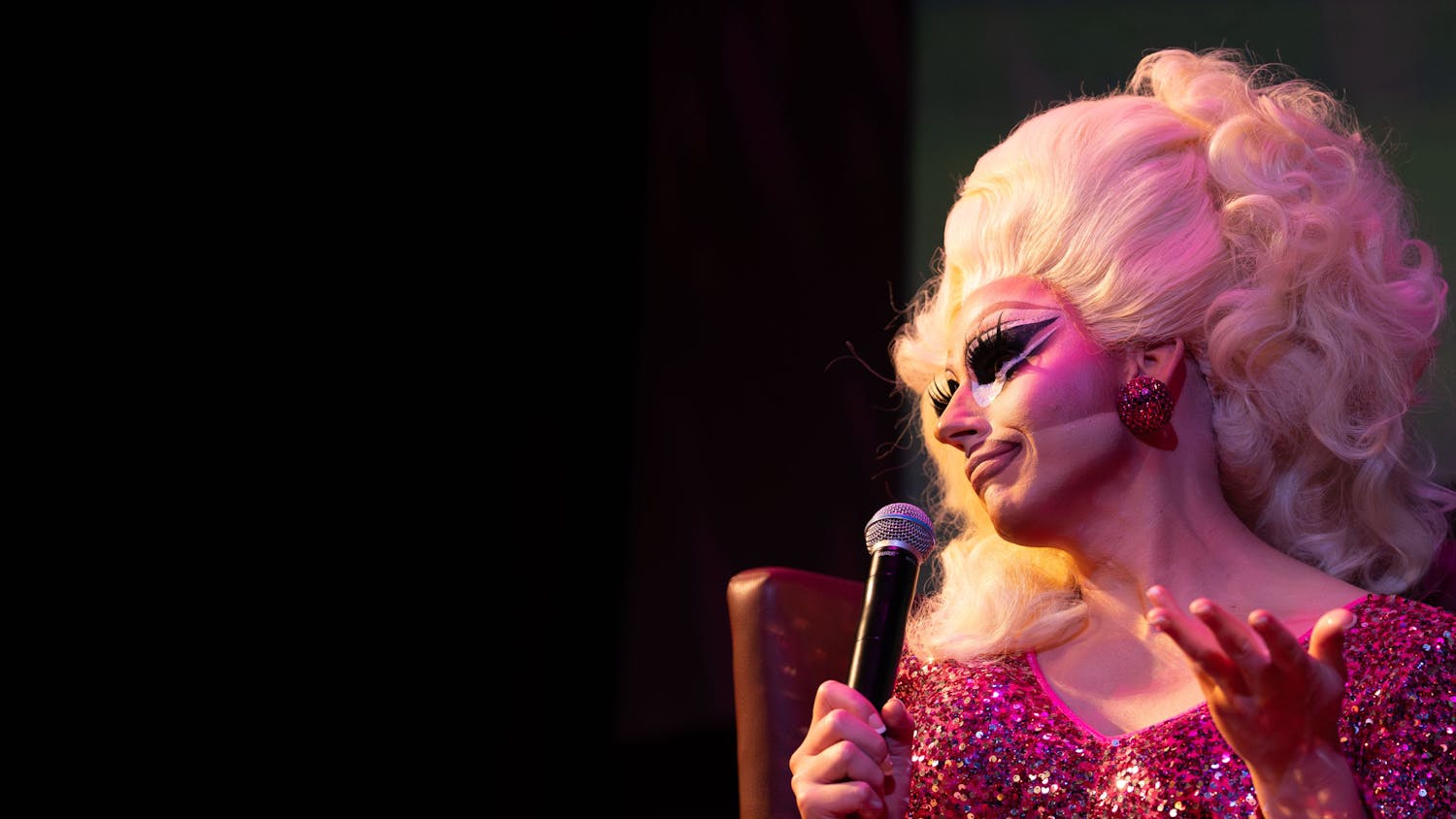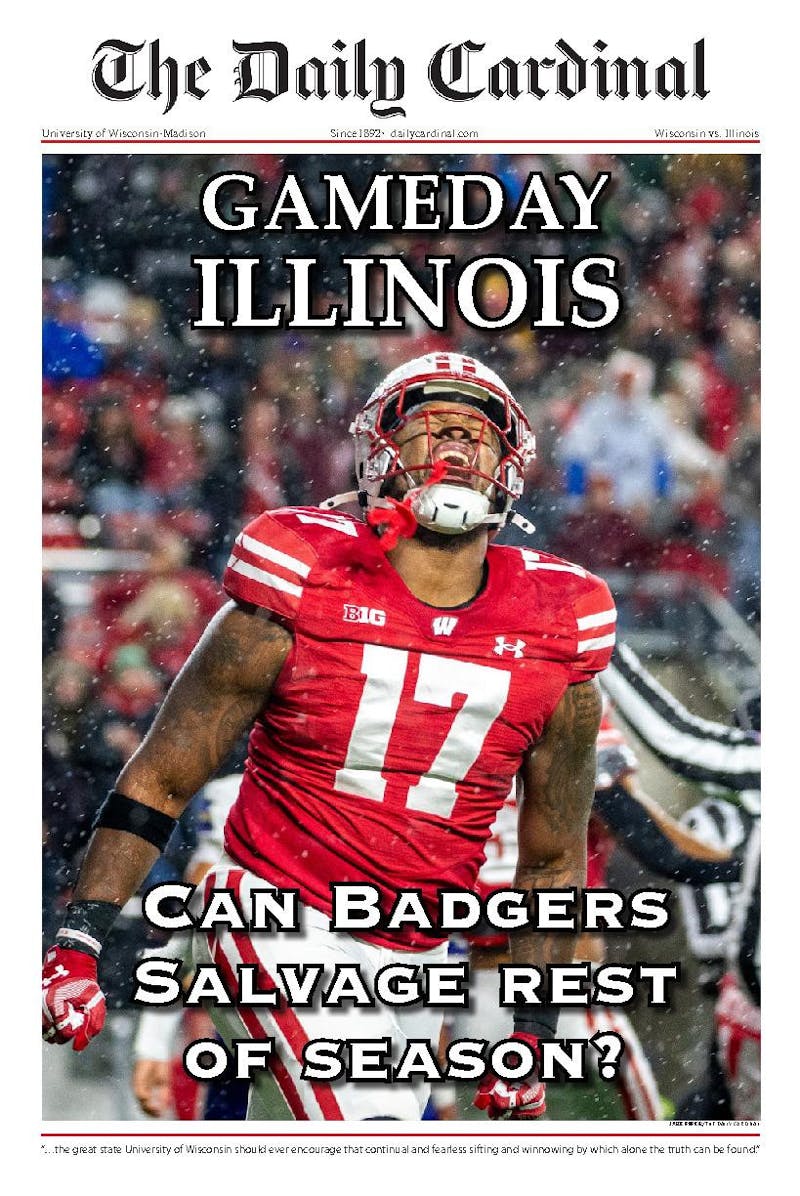University Health Services’ Survivor Services and Violence Prevention held their third annual “Connect and Reflect” series Wednesday in recognition of April as Sexual Assault Awareness Month.
The group’s mission is to support student survivors and address ancestral violence on campus, UW-Madison Director of Survivor Services Molly Cardona said in the event’s closing remarks.
University of Wisconsin-Madison students, along with campus and community organizations — including Sex Out Loud —- came together for the “Day of Connection.”
“It is never a survivor's responsibility to share their story,” Cardonna said. “Maintaining autonomy and choice about how and with whom their story is shared is an important part of trauma-informed care and a healing process. Even so, many survivors will find themselves identifying with the concept of a survivor's mission, a call to forge a different path for future survivors.”
The event featured bracelet-making stations, resources to learn about bystander types and services and an art and history gallery. The “Reflect Gallery” featured infographics about campus sexual assault activism from the last five decades and student survivors’ artwork.
One piece by student Lillian Barnes featured a tumor replica made of human hair, electroformed copper, enamel and pearl. Titled “Dan the Teratoma,” the sculpture represents the fear of a tumor returning in remission, analogous to seeing an assaulter again.
The “What Were You Wearing?” display included outfits survivors wore when the assault happened, along with their personal stories. Greta Hansen, one of the display’s five coordinators, said she was especially moved by the contrast between the survivors’ stories and the ordinary clothing items.
“Civil rights laws are being used to reject and isolate people and groups they were intended to protect. That's scary, and there are not clear answers right now about what we do as a community to respond to that,” Lauren Hasselbacher, UW-Madison associate director of civil rights compliance and Title IX coordinator said. “But I do want to take this history as a positive note — because we do see activism, litigation, protests and people telling their stories, which really do make a difference in what happens in the life of the future generations.”
Samantha Bowen, UW-Madison assistant director of violence prevention, applauded recent legislative efforts by students to expand primary violence prevention initiatives. But there have also been setbacks.
“The Center for Disease Control dropped their injury prevention web pages — a lot of valuable databases and research reports that have guided how we do this for our college campuses for those last two years,” Bowen said. “[Today] is a reminder of how important it is to preserve that history and have awareness of it.”






